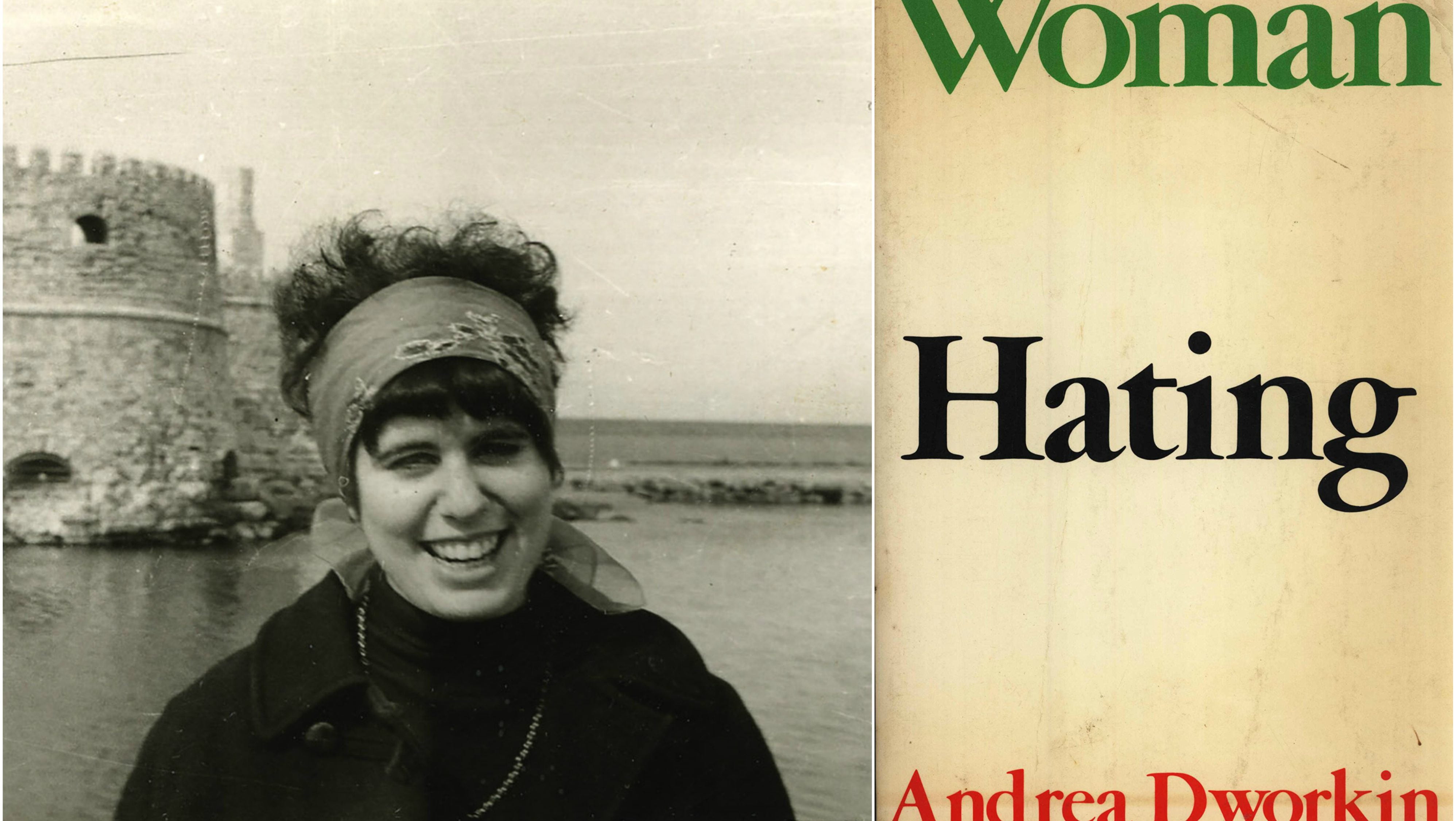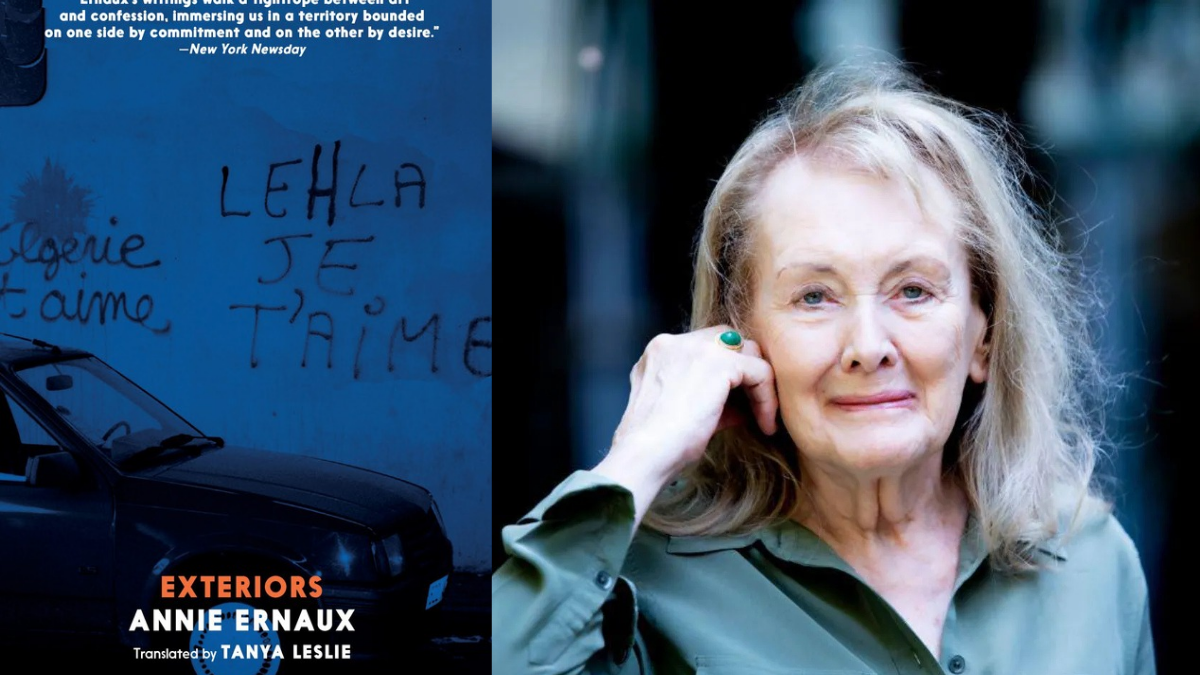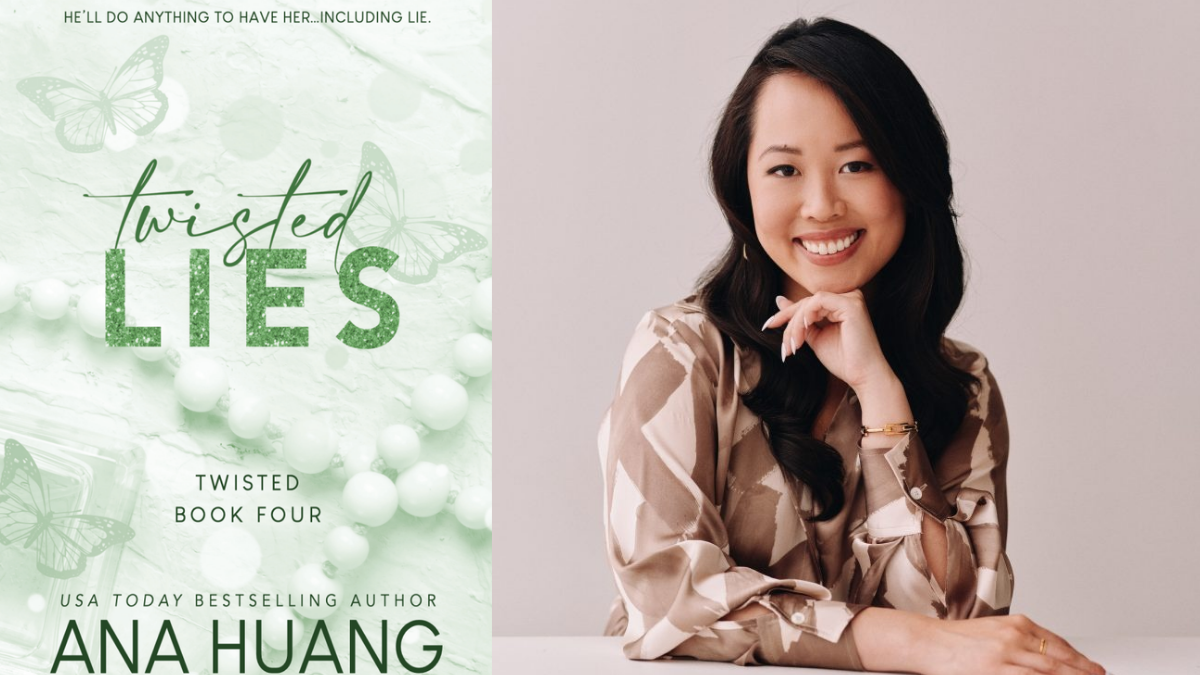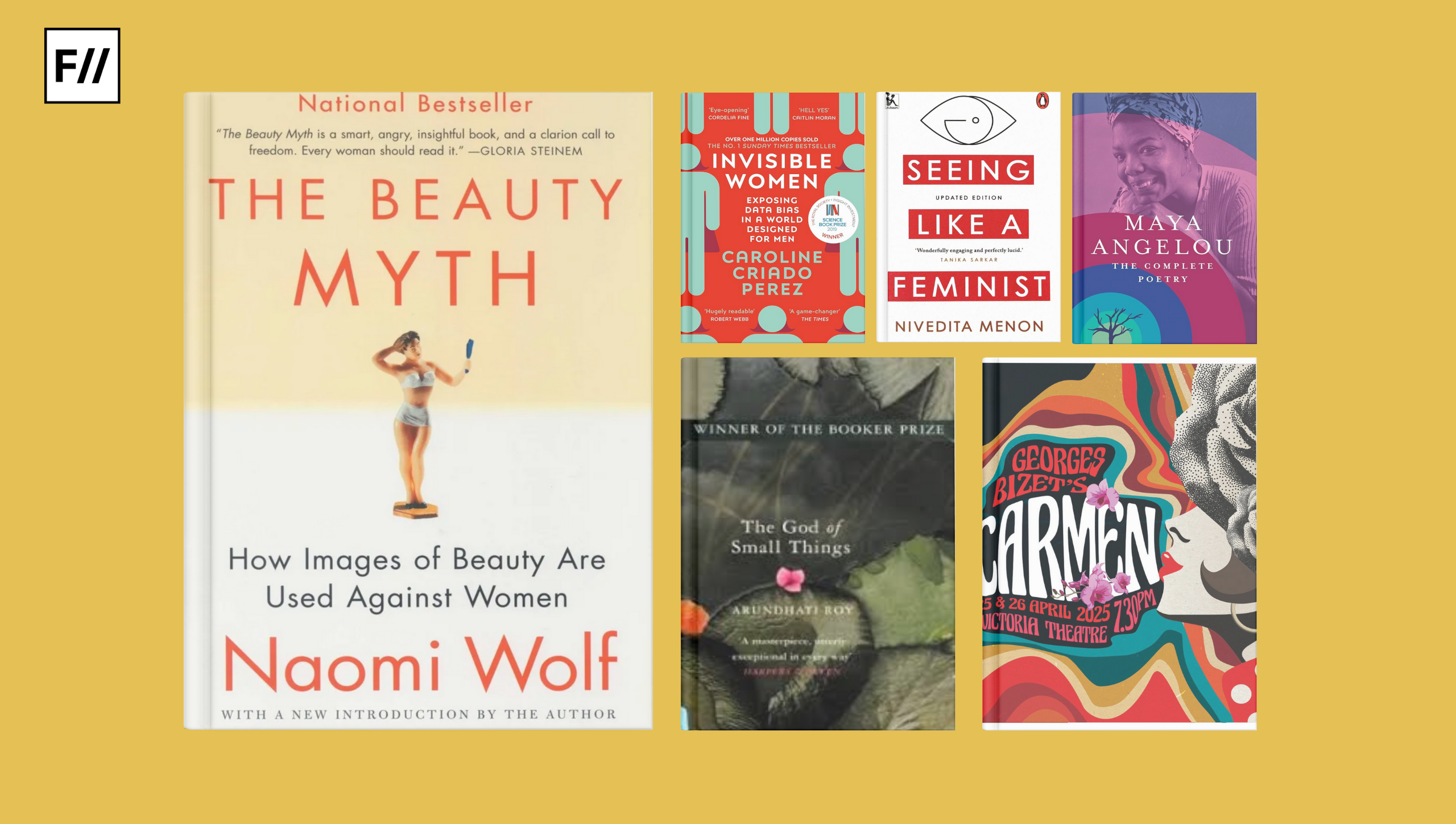Andrea Dworkin’s Woman Hating:A Radical Look at Sexuality was published in 1974. This book takes a blunt, humorous and critical approach to misogyny which is typical to all nations and analyzes it through various examples of physical and psychological brutality against women.
”Women will come back to feminism because things are going to get far, far worse for us before they get any better,” remarked Andrea a few months before she died. Andrea Dworkin was hated in liberal feminist circles and was called “man-hater, anti-sex and ugly”. However, she was unapologetically rebellious. She felt the fire of Women’s Movement like very few had felt, and made sure that the spark of revolution doesn’t die down.
”This book is an action, a political action where revolution is the goal. It has no other purpose. It is no academic horseshit. It is a part of planetary movement to restructure community forms and human consciousness so that people have more power over their own lives and live with dignity and freedom”.
The very first paragraph of this book stands testimony to Dworkin’s commitment of smashing misogyny, one word at a time. The analysis of sexism in this book articulate what oppression is and how it has always been. Dworkin is not afraid to pitch a future where oppression will continue to prevail if we do not restructure our lives, institutions and privileges. Andrea takes a dig at how sexism is deeply rooted in our culture and psyche, and in something as minuscule as fairy tales that we grow up reading.

Image source: RadFem
Cinderella, Sleeping beauty, Rapunzel are all characterized by passivity, beauty, innocence and victimization. They are archetypical “good women” by definition. They never think, never act, never speak, never oppose, never question, never feel and never challenge.
First, they are victims of malignity, and then objects of romantic adoration. When women are active and spoken, they are evil and must be destroyed. She brings into light how all the male characters in the fairy tale are always good noble kings, despite the fact that they marry evil women, make their daughters suffer and fail to speak up. Powerful women are bad, and “good women” are passive and inert; but men are always good no matter what they do or do not do.
Andrea takes a dig at how sexism is deeply rooted in our culture and psyche, and in something as minuscule as fairy tales that we grow up reading.
Andrea further writes how, when young girls enter adulthood, they are seen as bodies that can be played with, enjoyed, aroused, exploited, harassed and killed, all in the name of erotica. Andrea is opposed to porn industry for it claims what a woman is, what she needs and what her place in society is. She is critical of the master-slave relationship that exist between men and women, women’s state of nothingness, submission, non-resistance and unassertion. The submission is so absolute that it tends to transcend human forms.
Also read: Book Review: A Respectable Woman By Easterine Kire
Andrea brings before our psyche, age-old practices of witch burning and Chinese foot binding, two of the cultural phenomena that were the manifestation of men’s hatred for their opposite sex. Men were portrayed as bewitched and subjected to women’s evil designs; they were terrified victims and needed to be protected. Women were described as being more bitter than death.

Circulation of blood in the bodies of women stopped in effort to bring the sole and heels of the toes together physically as much as possible. It was believed in Chinese culture that the smaller the women’s foot, the more wondrous becomes the vaginal fold. The psychical, intellectual and spiritual dehumanization of women perpetuated their oppression. ”The chinese foot binding didn’t formalize existing differences, it created them. One sex became male by virtue of making the other sex completely polar to itself, the female,” remarked Andrea.
She attacks the standards of beauty, set for women and opposes the tolerance of pain and romanticisation of that pain.
Andrea further discusses the concept of androgyny, within various cultures’ creation of myths, and argues for the development of a new kind of human being, and a new kind of human community, free from gender and gendered roles. She argued for the ”subsuming of traditional biology of sex difference into radical biology of sex similarity.”
Andrea Dworkin’s Woman Hating is powerful, point-black and direct. She attacks the standards of beauty, set for women and opposes the tolerance of pain and romanticisation of that pain. The book will make you get up and get going at times. It is harsh and accurate in depicting everyday lives of women under patriarchy and misogyny. The book is humorous, and women won’t fail to connect with it in a very radical way. There are depictions and analysis of oppression that will break your heart. Restrictions on female mobility, intellect and psyche as discussed here will fill you with rage to change, and the urgency of such change. You won’t be able to get over this text anytime soon, once you are done reading it.
Also read: Book Review: Work Like A Woman: A Manifesto For Change By Mary Portas
About the author(s)
Shivangi is a second year student at Hindu college who is interested in literature, politics and culture. For her, the revolution will be feminist or it won't be.




